Chuck Zaleski of Fero Winery feels there are some really good grape growers in Pennsylvania and the state’s consumers need to know about that even more now.
“You can grow fruit that is just phenomenal here,” the owner of Fero Winery in Lewisburg said during the virtual Camp Pennawine 2020 in late September, which led journalists from across the country on a pairing and tasting trip via their computers.
Getting that word out is even more important than ever added Greg O’Loughlin, who represents the Pennsylvania Winery Association.
The Pennsylvania Department of Agriculture has a program called PA Preferred, which includes products sourced from Pennsylvania, and a lot of wineries in the state meet the PA Preferred standard as 75% of the product hasto be made from Pennsylvania grapes.
”The state tourism office through the state government has increased a lot of their investment in agritourism,” O’Loughlin said. What tends to happen, though, is wineries are included along with all craft beverages like craft breweries and distilleries.
”We’ve been pushing, on the Pennsylvania wine side, to really specifically zero in more and more on the agricultural products, and the agricultural foundation of Pennsylvania wines,” O’Loughlin said. ”You’ll see that coming through in a lot of our communications and marketing, examining the grapes and how they grow and going beyond the traditional tasting room event experiences.
”It’s a point I think that it really does take the whole state and multiple regions working together to help tell a better story about what’s happening in the wine industry here.”
Expanding Direct to Consumer
Zaleski said that direct shipping is one of the better ways to expand to new consumers for Fero.
”You can get whatever you want, as long as it’s within an area that you’re allowed to ship to,” he said. ”Pennsylvania is relatively easy. Once you go to other states, it gets much more complicated, but it’s possible.
”The bigger wineries definitely have those licenses, the smaller ones … we don’t. So we do Pennsylvania, pretty much exclusively.”
Fero does work at getting people to come out because Zaleski said they find that the people that have visited the area, become long-term customers.
”They really see it, they become attached to it,” he said. ”We want to keep that element of it going. I know that’s challenging right now. But I think in the future, that’s part of what we want to have happen is to let people know that a drive through the Susquehanna River Valley is a great thing to do.
”Spend a little time here and learn about the wines and the region. We think that works long term. And we definitely want to continue to do that.”
But in terms of direct shipping, it can lead to seeing if an area is worth adding distribution to as well, he said.
”If we get lots of interest from people that are wanting to buy something in a certain area we’ll get it to them,” Zaleski said. “We want to sell wine. That’s what we do. And it’s just a matter of figuring out how to get it done.”
Chain Acceptance
O’Loughlin noted that the push to retail, especially regional chain, is a boon to small wineries looking into distribution as well.
“You’re seeing more and more Pennsylvania wines, Wegmans — especially, just to call them out — have done a spectacular job with local,” he said. ”They have continued to push Pennsylvania local wines, almost to the forefront in some ways, ahead of out-of-state wines. Signage, various tasting opportunities as well … when those come back. So we’re seeing a lot more distribution opportunities.
”So for a place like Pittsburgh, being able to know that you’re drinking a “local wine,” — a wine from Pennsylvania — there is a bit of a step-by-step in terms of how you can get your hands on it at home. We have been trying consistently to let customers know that there are multiple ways you can get to the wire without having to go there.”
The Call for More Industry
Zaleski said one of the biggest issues is that the location they are at is a wine and vineyard frontier because there aren’t a lot of support industries around.
”If I have a part break down, I’ve got to figure out how to fix it or come up with a solution, because there’s not a technician that can drive over and fix whatever is wrong,” he lamented. “That’s kind of the biggest challenge. And the only answer to that is more wineries, more vineyards to make it worthwhile to have those services available.”
Photo courtesy Fero Winery

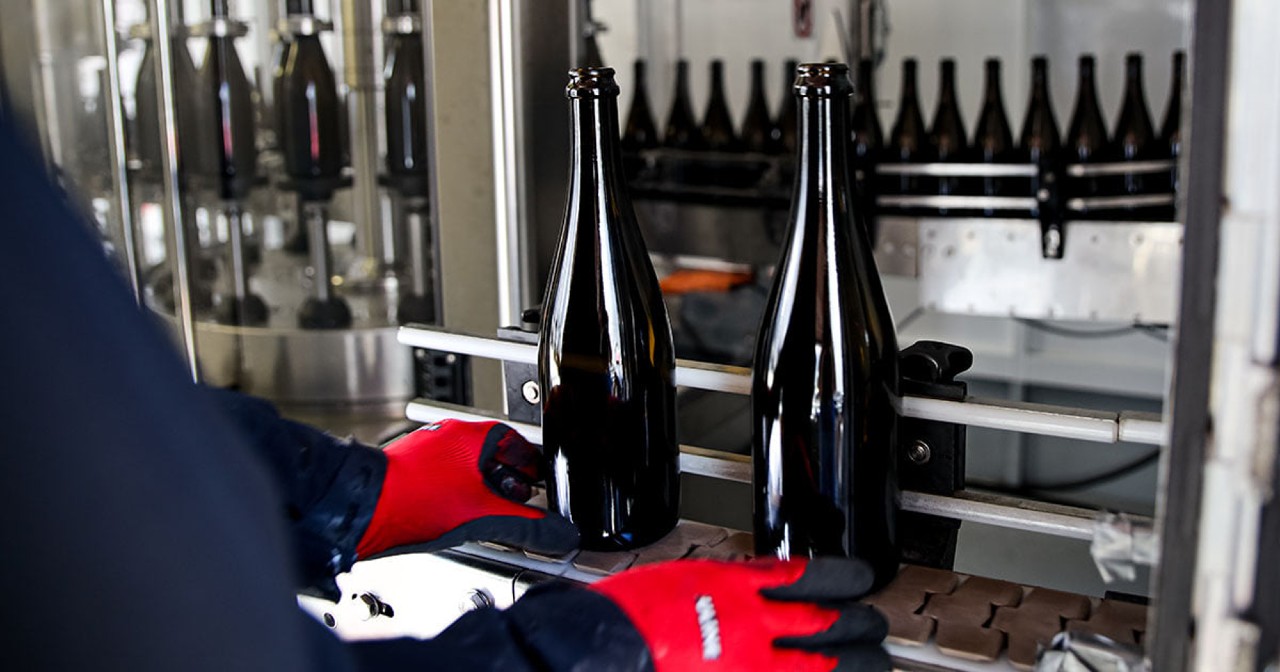
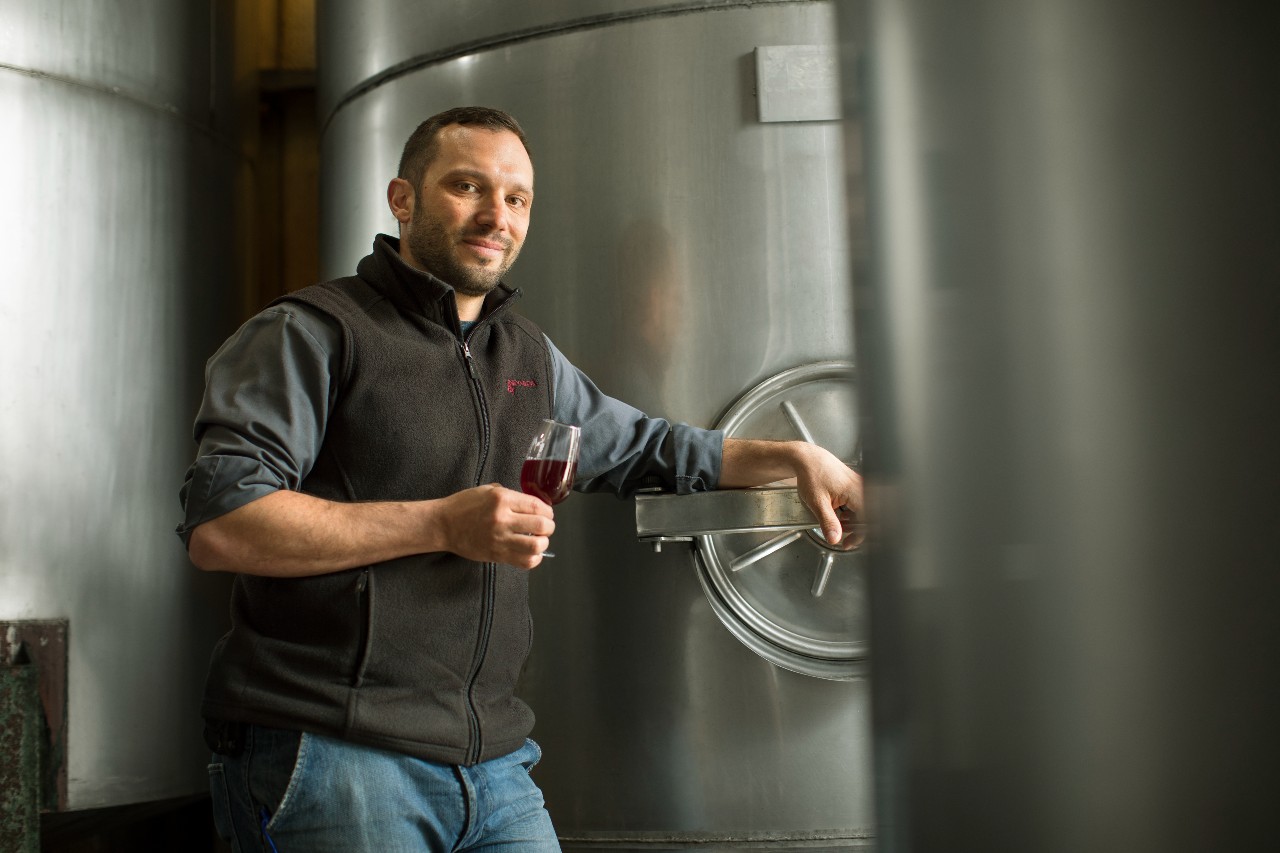
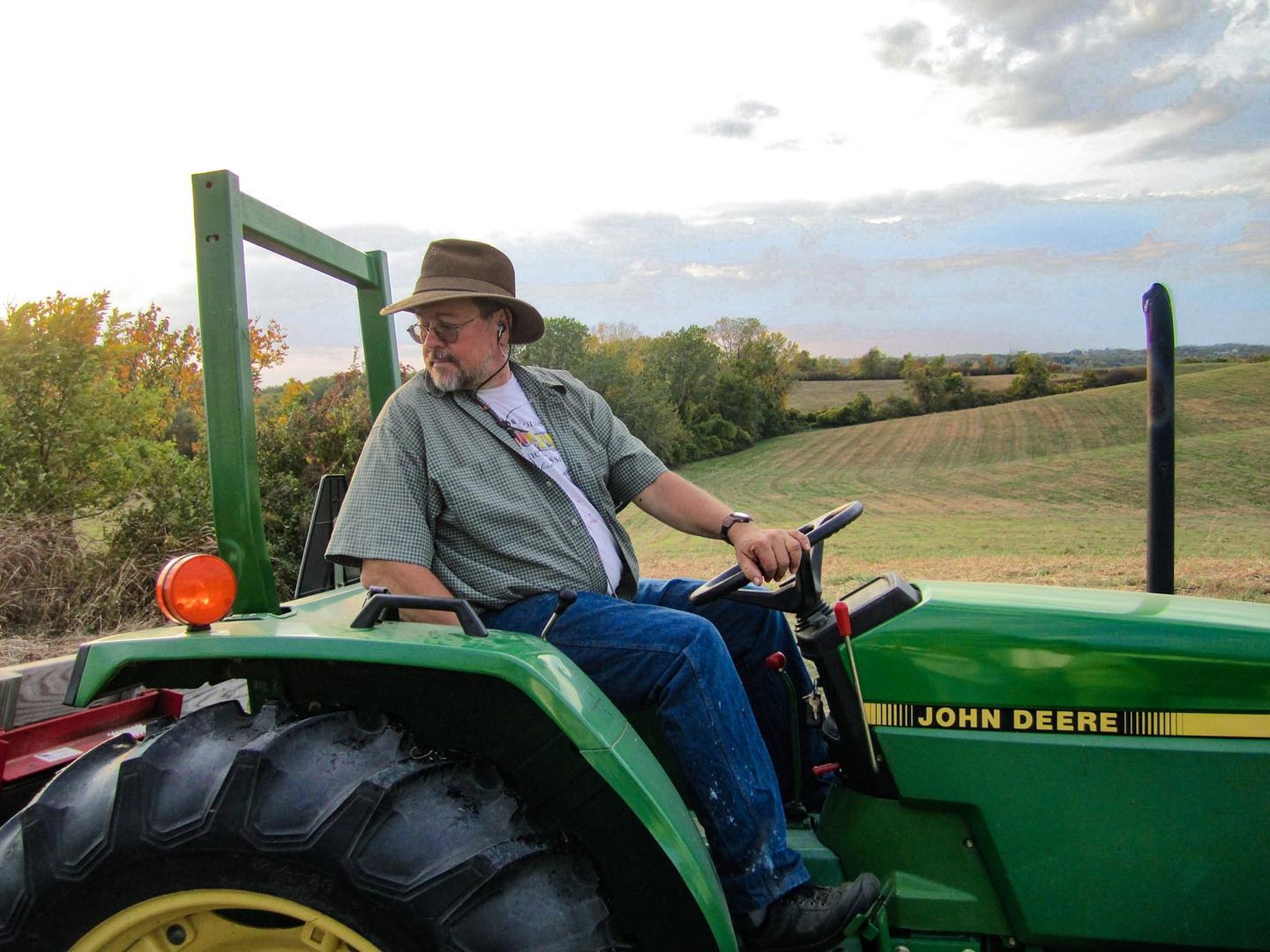
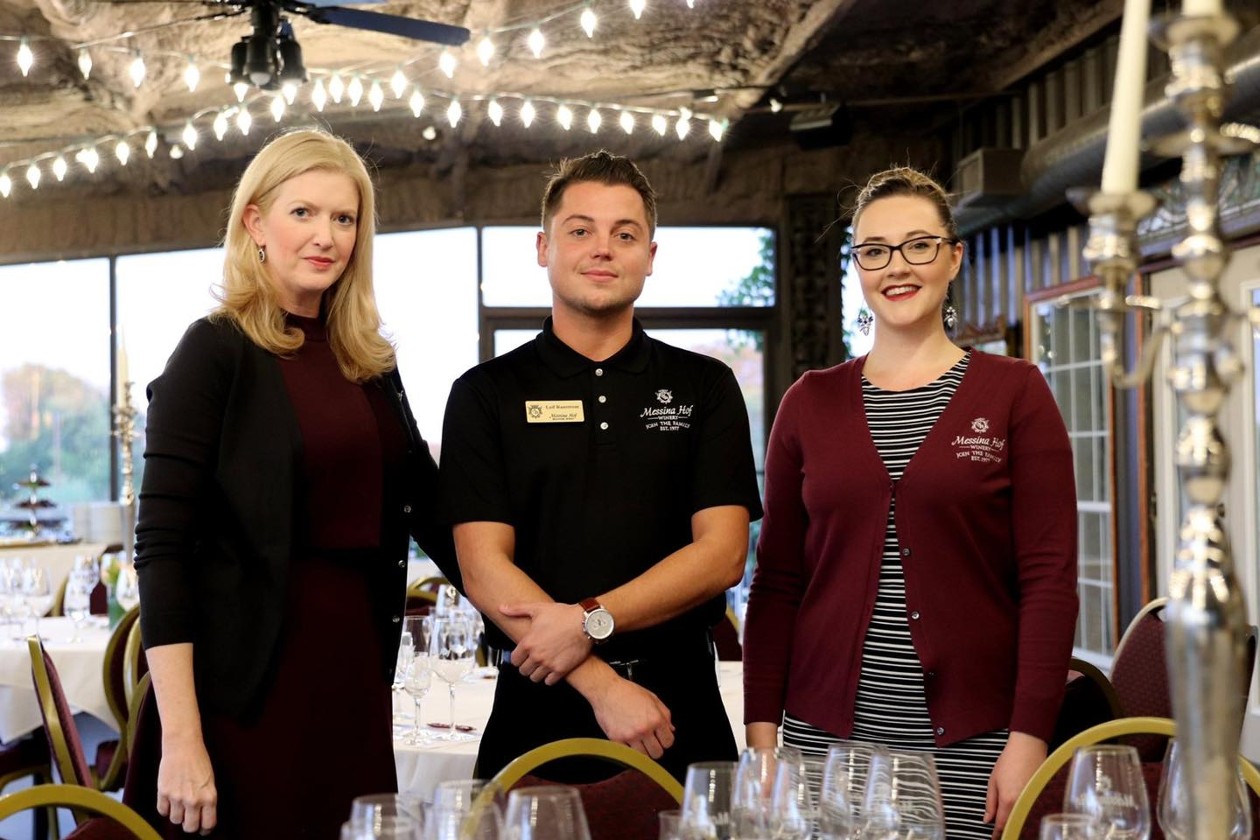
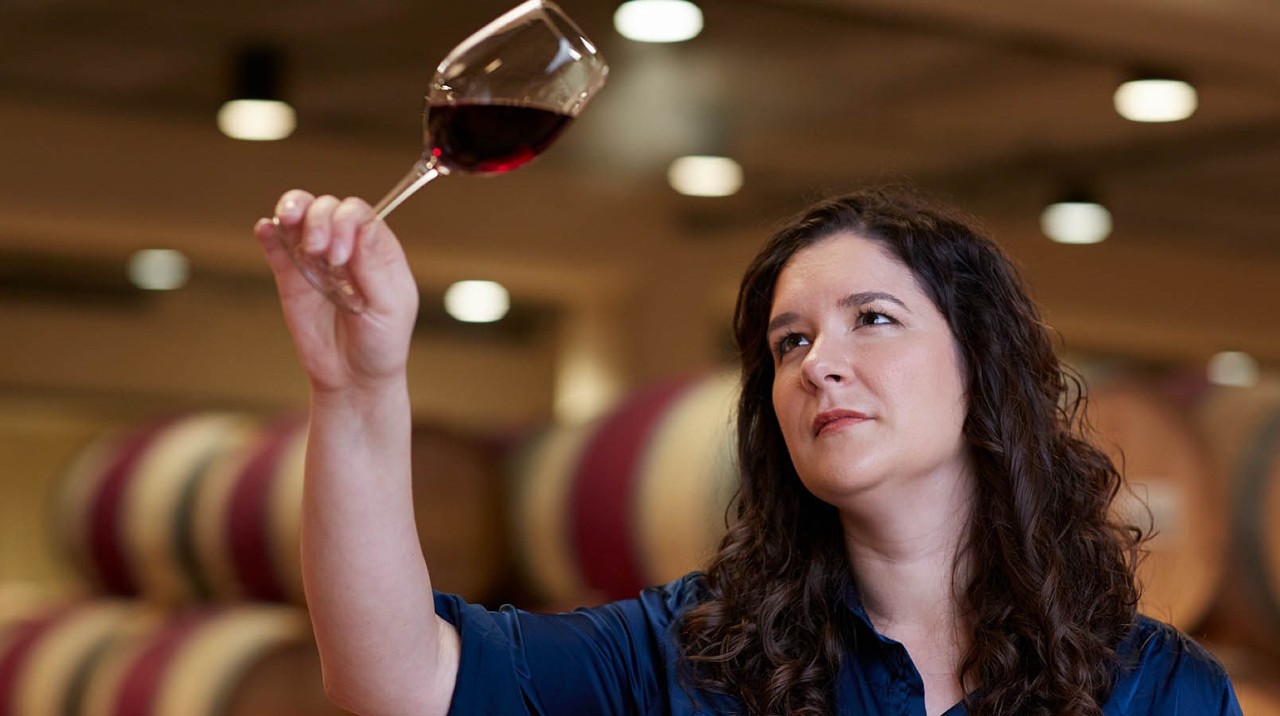


Be the first to comment